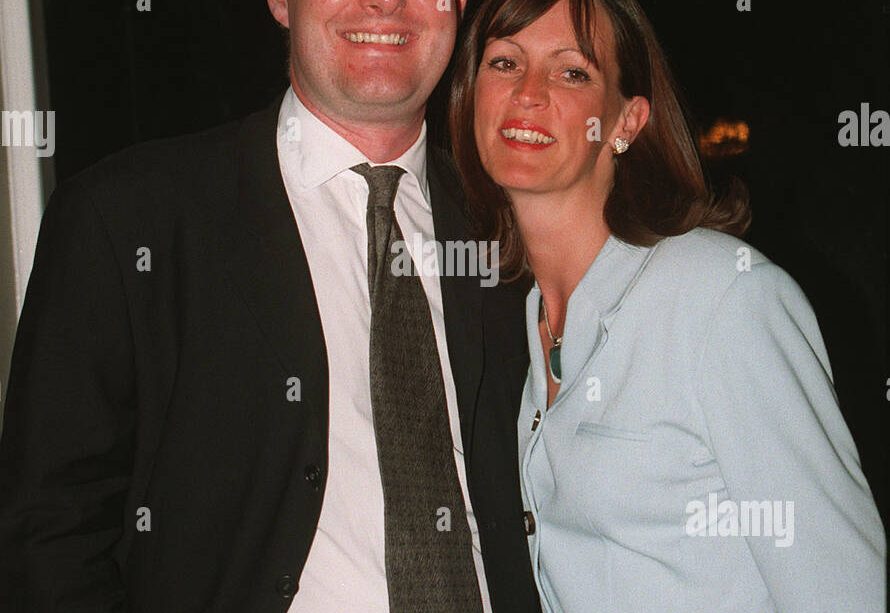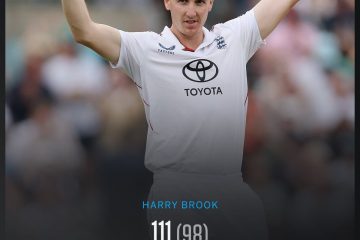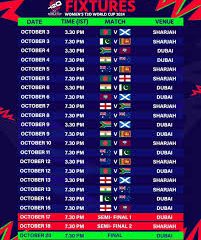Piers Morgan’s Digital Revolution: How the Controversial Host is Reshaping Media Discourse in 2025

A New Chapter in Digital Media
Piers Morgan has emerged as a major player in the new-media landscape with his show ‘Piers Morgan Uncensored,’ which operates from the News Building near The Shard skyscraper in London. As the self-proclaimed “ringmaster,” Morgan has been setting topics and orchestrating debates that have captured global attention.
Recent Controversies and Clashes
In one of his most recent explosive episodes in September 2025, Morgan’s show descended into chaos during a heated debate about Israel and the Palestinian territories, where ex-MSNBC host Mehdi Hasan and former Israeli military spokesman Jonathan Conricus engaged in a fierce verbal battle, with Morgan reduced to a mere bystander attempting to control the situation.
The controversial host has also recently made headlines for his confrontational interview with Joy Reid following her MSNBC show cancellation, where they clashed over ratings and representation. Reid’s show had been canceled in February amid declining viewership, with numbers dropping from 1.3 million to 973,000 viewers.
YouTube Success and Future Plans
Morgan’s transition to YouTube has proven successful, with his content regularly attracting impressive viewership numbers. He proudly points to videos generating between one and four-and-a-half million views each, claiming that only Joe Rogan rivals his numbers in the news, interview, and opinion space on YouTube.
Looking ahead, Morgan has ambitious plans for his YouTube show, including a potential high-profile interview that would pair Donald Trump with Elon Musk.
The Evolution of a Media Personality
At 59, Morgan’s current success represents his latest professional reinvention. His career has weathered numerous storms, including his dismissal from the British tabloid The Mirror, the cancellation of his CNN show, and his controversial exit from ITV’s Good Morning Britain following his criticism of Meghan Markle, where he famously said he “didn’t believe a word” of her Oprah Winfrey interview about experiencing racism within the royal family.
His move to YouTube came after leaving traditional television, citing the “unnecessary straitjacket” of TV scheduling that prevented him from conducting in-depth interviews. The transition has proven successful, with his YouTube channel boasting 2.3 million subscribers compared to the tens of thousands who watched him on traditional TV.









